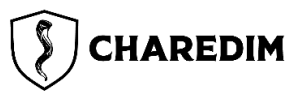Are Charedim Anti-Zionists?
Charedim are opposed to the ideology of Zionism as a replacement for Torah—but no, Charedim are not anti-Jew, anti-Israel, or seeking harm to Zionists in any way.
This distinction is critical: we reject the ism, not the people.
